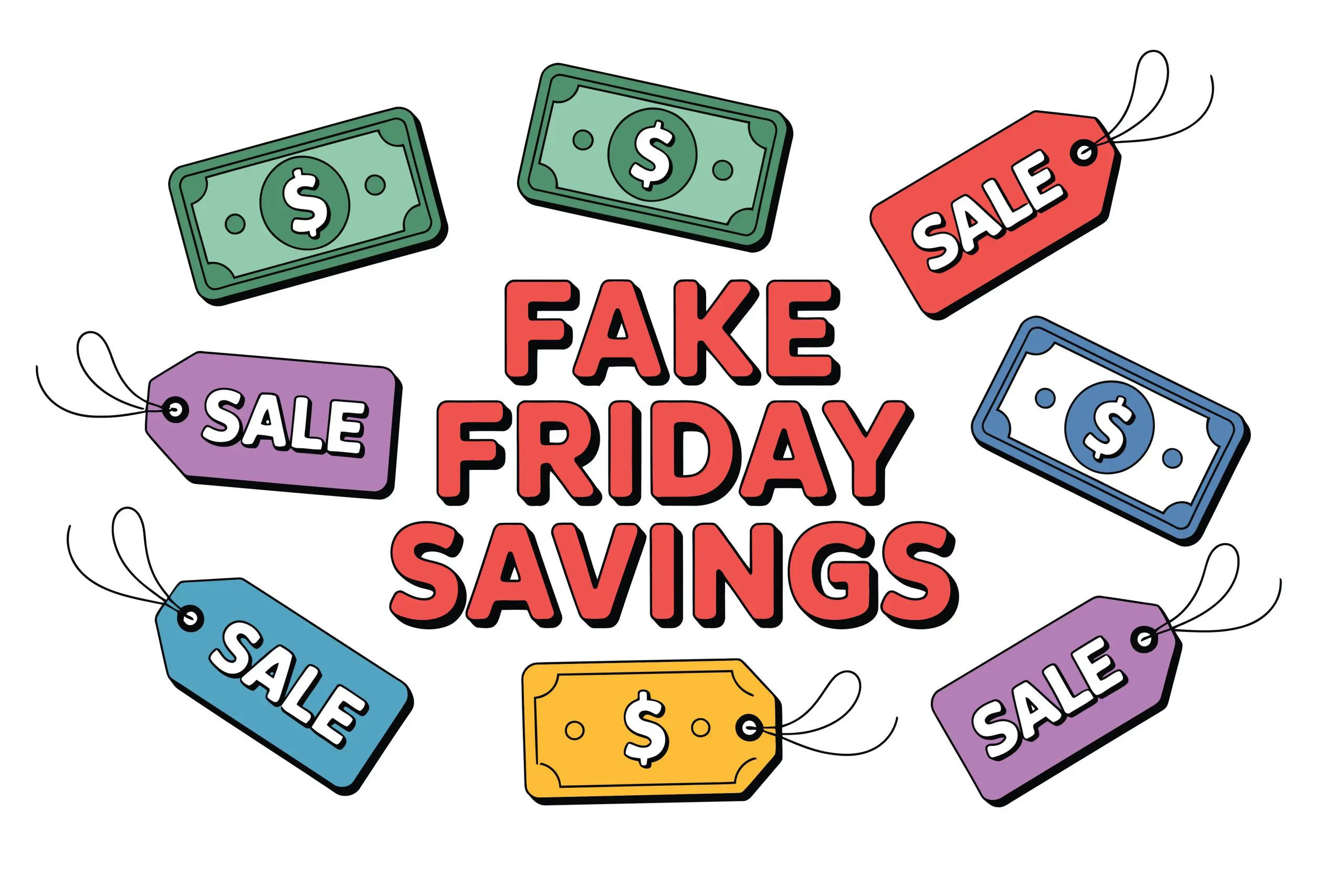Fraud is on the rise—and it’s hitting wallets harder than ever.
According to new data from the Federal Trade Commission (FTC)1, Americans reported more than $12.5 billion in losses due to scams in 2024. That’s a 25% increase from the previous year, marking a record high. Even more eye-opening? The percentage of people who actually lost money rose significantly, from 27% in 2023 to 38% in 2024.
So, what kinds of scams are causing the most damage?
The Most Costly Frauds of 2024:
- Investment scams took the top spot, with reported losses of $5.7 billion—a 24% increase year over year.
- Imposter scams followed closely behind, racking up $2.95 billion in losses. Scammers posed as government agencies, tech support, banks, or even trusted friends and family.
- Bank transfers and cryptocurrency were the preferred payment methods for fraudsters, accounting for the majority of reported losses.
The takeaway? Scammers are getting better at what they do—and more people are paying the price.
How to Protect Yourself from Fraud
Staying one step ahead of scammers doesn’t have to be complicated. Here are some proactive ways to guard your finances and identity:
- Check Your Credit Reports Regularly. You’re entitled to a free credit report every 12 months from each of the three major credit bureaus at AnnualCreditReport.com. Reviewing these reports can help you catch suspicious activity early.
- Use Credit Monitoring Services. Many services will notify you of any changes to your credit file, such as new accounts or hard inquiries, so you can act quickly if something’s off.
- Freeze Your Credit. A credit freeze makes it harder for anyone to open new accounts in your name. It’s free, easy to set up, and one of the most effective ways to prevent identity theft.
- Be Skeptical of Unsolicited Calls. If someone calls claiming to be from the IRS, your bank, or tech support, don’t give them any information. Hang up and call the official number instead. Scammers can spoof phone numbers to make them look legit.
- Keep Personal Info Private. Avoid sharing sensitive information like your Social Security number, bank account details, or passwords unless you initiated the conversation and are certain it’s secure.
The Bottom Line
Fraud might be evolving, but so can your defenses. A few simple habits—like monitoring your credit, being cautious with calls, and freezing your credit—can go a long way in protecting your identity and your money.
Stay alert. Stay informed. Stay one step ahead.



